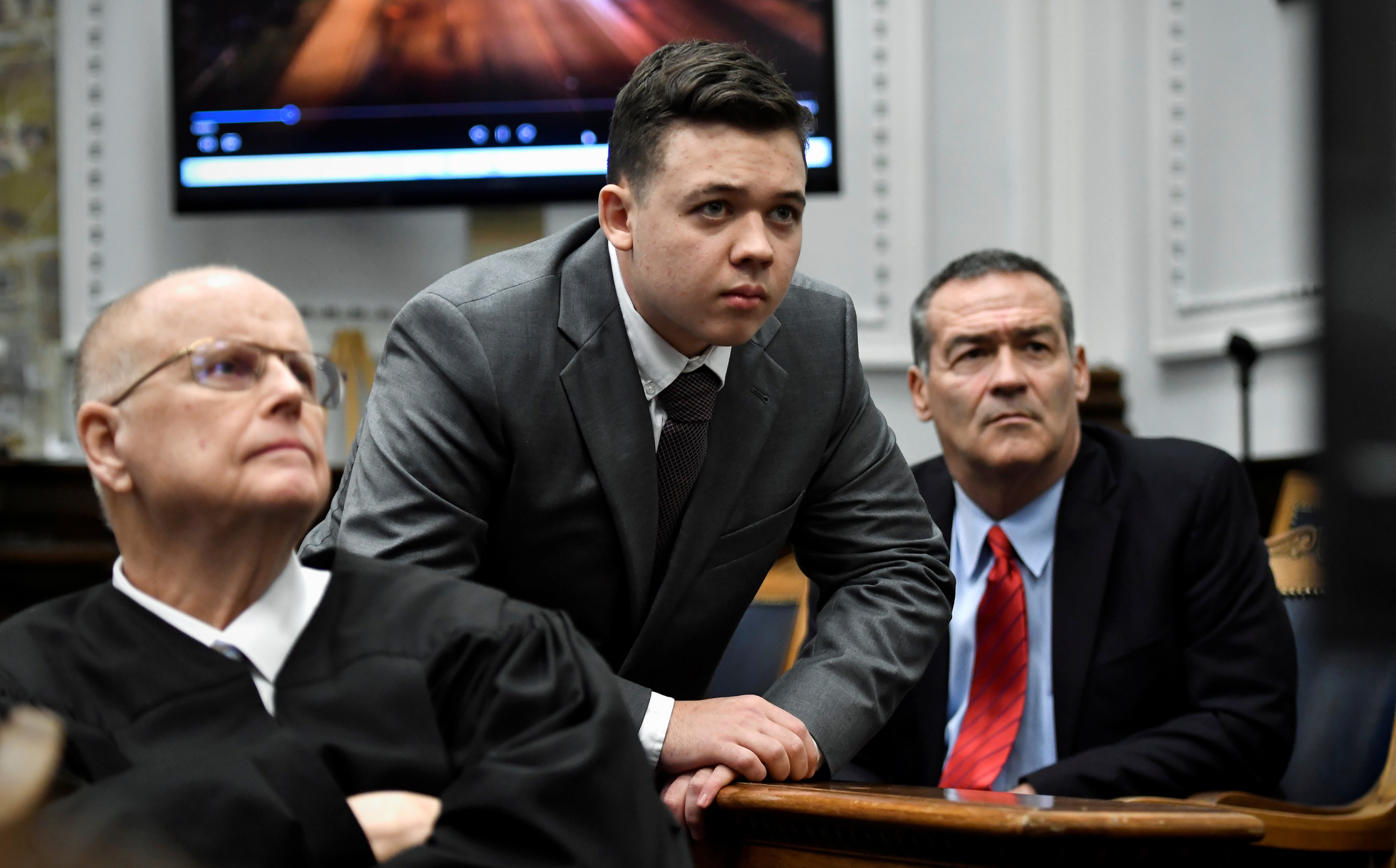How off-the-bench is controversial Rittenhouse trial Judge Schroeder? As a prosecutor, I have some thoughts
People who have appeared in Schroeder’s courtroom before have spoken of certain rules he always has

The case of Kyle Rittenhouse will go to the jury this week, where 12 citizens will decide whether he intentionally shot three men, killing two of them, or if he acted in self-defense against lawless rioters whom he reasonably believed threatened his life. Most people (and it seems most of the news media) made up their minds about Rittenhouse’s guilt or innocence long before the trial began. Like so many issues today, what is happening in a Wisconsin courtroom is a substitute for many conversations — or confrontations — that overwhelm us on a daily basis.
But the case of the State of Wisconsin v. Rittenhouse, like most criminal cases, will not be decided on the issues debated on Fox News and MSNBC, or opined on by millions on Twitter. It will be decided in a small courtroom in Kenosha, Wisconsin, where the prosecution has presented its case to a jury, the defense has done its best to poke holes and create doubt, and a judge has presided over the whole affair.
The judge — Bruce Schroeder — is the longest-serving circuit judge in Wisconsin, with almost 40 years on the bench. Much has been written about his rulings. According to local practitioners, he is known as a defendant’s judge — a judge who tends to protect the defendant’s rights and make the prosecutor’s job more difficult. Stereotypically it would be liberals who would be delighted with a pro-defense judge, and conservatives who would rail about the liberal court. But these are strange times and a strange case. Liberals are outraged by Schroeder’s pro-defense rulings, which they say unfairly advantage Rittenhouse. Strange days indeed.
From a technical legal perspective, the question arises: How off-the-bench (pardon the pun) is this judge? One of his most controversial rulings precluded the prosecution from referring to the men whom Rittenhouse shot as “victims.” That seemed excessive to me; as a prosecutor I certainly always referred to the victims in criminal cases as “the victims.” But defense attorneys who regularly appear before Judge Schroeder are quoted as saying that is a long-standing rule in his courtroom. On the other hand, he ruled that the defense could refer to people as “rioters” or “looters”, which seemed unfair in juxtaposition to the “victims” ruling. But he cautioned they could do so only if they could prove they were actually engaged in such conduct. In other words, “victims” was off the table because that was this judge’s standing rule; “looters” would only be permitted if it were proven by the facts.
In deciding whether to admit evidence, judges generally first look at whether the evidence is legally admissible, and then weigh the probative value of the evidence against whether it is unduly prejudicial to the defense. From this perspective, two of Judge Schroeder’s rulings are illustrative. First, he ruled to exclude evidence in the form of a video taken two weeks before the events in question, purportedly showing Rittenhouse calling some people “looters” and stating that he wished he had a gun to shoot them. That seems highly probative of his intent two weeks later. Nor is it unduly prejudicial — it is an example of his own words, not some other form of extrinsic evidence. I disagree with his ruling; if I were the judge, I would have admitted the video. On the other hand, his ruling to preclude a photo of the defendant with a group of Proud Boys seems appropriate. That would be less directly probative of his intent, and much more prejudicial. But neither ruling is so extreme. Both are within the discretion of the trial judge, and I would say different judges would have come down on both sides of this issue.
Other rulings by the judge seem fairly even-handed. The judge chastised the prosecution for commenting on the fact that the defendant kept silent when he was arrested, but that is fairly basic law; the prosecution is generally not permitted to comment when a criminal defendant remains silent. Keeping out a prior incident where Rittenhouse allegedly engaged in a violent act involving someone allegedly bothering his sister is similarly basic law — such prior criminal conduct is generally excluded at a criminal trial.
On the other hand, Judge Schroeder also granted a request from the prosecution to give a legal charge that the jury could consider whether Rittenhouse was the aggressor in the shooting which, if the jury chooses to reach that conclusion, would make the self-defense claim much more difficult. Cases can be won or lost on the legal instructions; this was a substantial win for the prosecution.
This was always going to be a difficult case for the prosecution. The judge has certainly not made it easier. But ascribing to the judge a political or racial bias because, for example, his cellphone plays a song used by Donald Trump at political rallies is just silly. The reports from local lawyers make it sound as though this judge is being consistent to his own pro-defense practices and is not adopting some sort of pro-vigilante bias for this case. Hopefully the jury will focus on the evidence and will arrive at a verdict that reflects the facts, whatever that may be.
Adam Kaufmann is a licensed attorney and a partner at LBKM Law in New York

Join our commenting forum
Join thought-provoking conversations, follow other Independent readers and see their replies